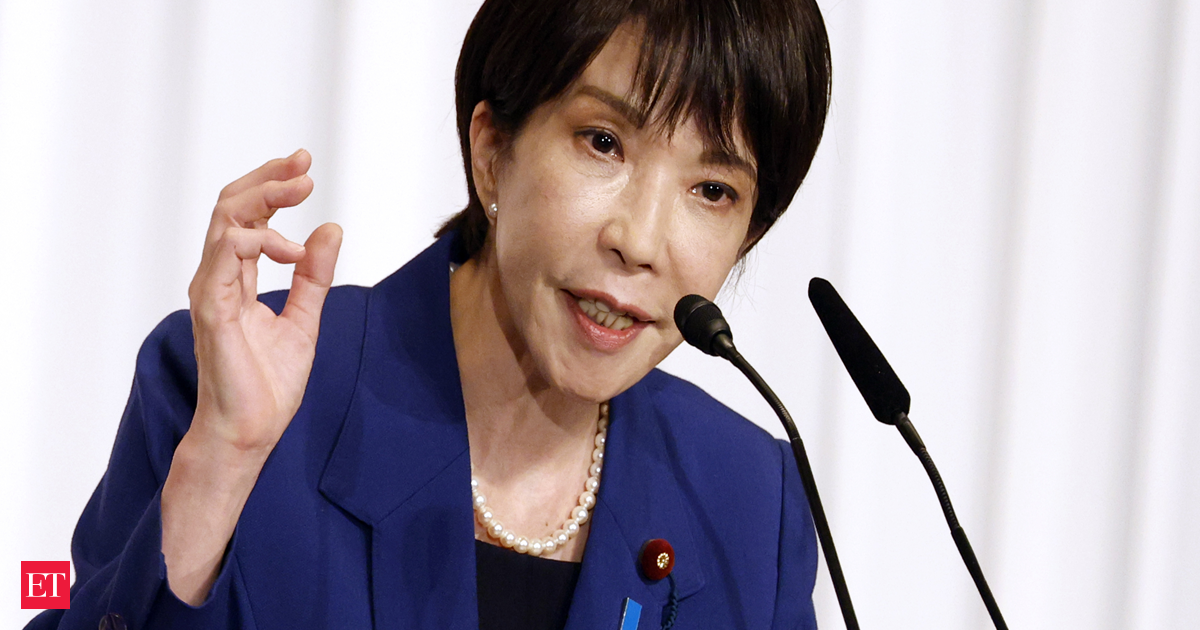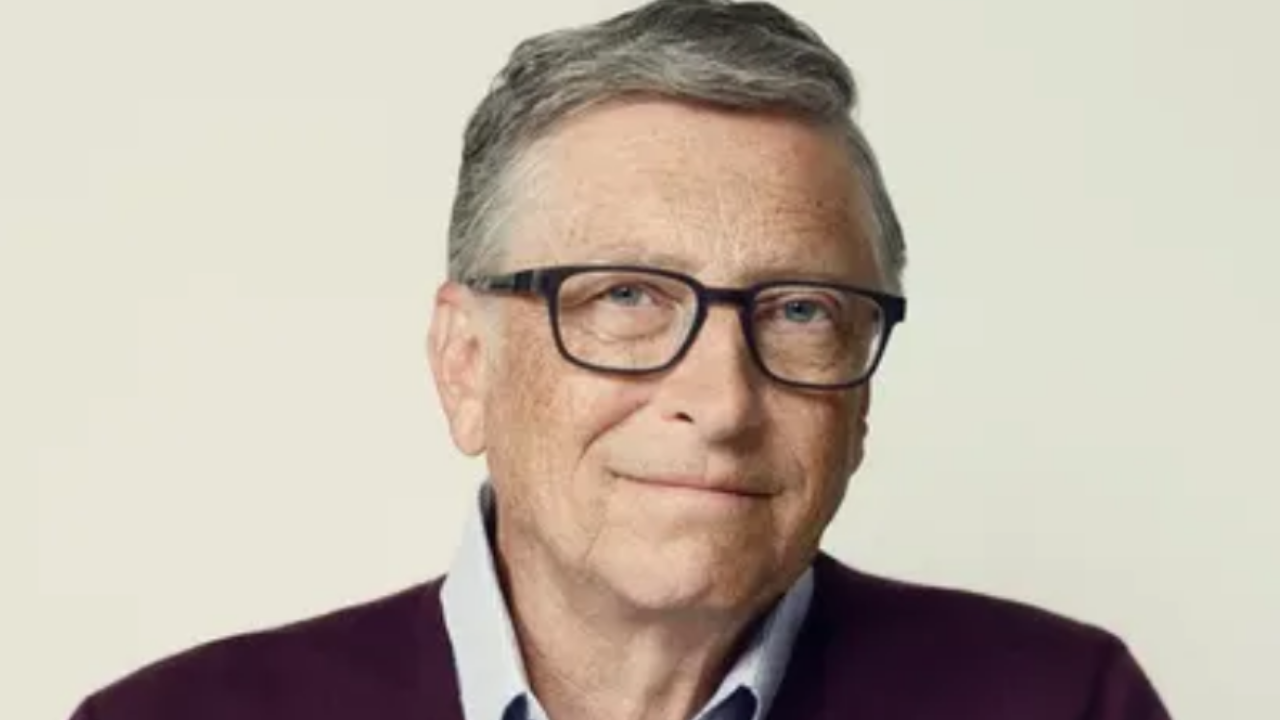The newly elected Japanese Prime Minister highlighted the need to “rebuild Japan and the LDP, and everyone needs to work tirelessly in their area of expertise. I will also work with humility, so please provide me with your guidance.” She also called on party lawmakers to “work like workhorses” – a statement that drew sharp criticism online.
Growing debate on work-life balance
Over the past few months, there has been a lot of discussions and debates about work-life balance and how much is too much work. While some people have been pushing for better work-life balance, there are some successful people– like Sanae Takaichi– who reject this idea and instead believe that there’s no substitute for hardwork.
ALSO READ: Piyush Pandey almost said no to PM Modi’s election campaign. Here’s why he changed his mind
However, Sanae Takaichi is not alone who has dismissed the concept of work-life balance. Other successful people like Shah Rukh Khan, Elon Musk, Jeff Bezos have endorsed the same idea. Here is a list of few people, why they do not agree about having work-life balance, and what they do instead to be successful:
–Elon Musk: Elon Musk, CEO of Tesla and SpaceX, has frequently dominated headlines for his unconventional choices, both personal and professional. He has long championed extreme work hours, asserting that those who aim for greatness should commit to 80–100 hours a week. “There are way easier places to work, but nobody ever changed the world on 40 hours a week,” Musk tweeted in 2018, offering a clear window into his perspective on the work-life balance debate.
–Shah Rukh Khan: Bollywood superstar Shah Rukh Khan (SRK) appears to have it all—fame, wealth, and adoration from millions. Yet, the journey to success was far from easy for the self-made actor. SRK once famously said, “Aaram haraam hai” (literally, “rest is a sin”). In a 2022 interview with Aaj Tak, he opened up about the enormous sacrifices he made—both in his personal life and in taking rest—to reach the pinnacle of his career. “If you want to be successful, don’t eat, don’t sleep, don’t rest, don’t relax,” he revealed, sharing the mantra that has fueled his extraordinary journey.ALSO READ: Struggling with high blood sugar level? Try these five simple, easy drinks that you can prepare at home anytime
–Jeff Bezos: Amazon founder and one of the world’s wealthiest individuals, Jeff Bezos, is known for rejecting the traditional concept of work-life balance. Instead, he emphasizes the idea of work-life harmony, which focuses on creating a professional and personal life that complement and support each other, rather than conflict.
–Narayana Murthy: Infosys co-founder Narayana Murthy stoked a controversy when he advocated the need to have a 70-hour work week. Talking about the need to have a 70-hour work week, Murthy once said that it is essential for India’s overall progress. Citing his own example, he once said, “Throughout my life, I worked over 14 hours daily for six and a half days a week… If we want India to compete globally, Indians must be ready to work hard. Even the most intelligent individuals cannot achieve success without consistent effort.”
–Indra Nooyi: Indian-American business leader and former PepsiCo CEO, Indra Nooyi, is widely celebrated for her remarkable journey. Her secret, she often says, lies in hard work and unwavering determination. A clip from one of her earlier interviews recently resurfaced on social media, sparking conversations about work-life balance. In it, Nooyi asserts that the idea of a perfect balance is a myth. Instead, she emphasizes juggling priorities. “I tell them there is nothing called balance. It doesn’t exist. At best, you can juggle all these priorities,” she explains.
Highlighting her approach of prioritizing the right things at the right time—both personally and professionally—Nooyi shared a memorable anecdote. She recalled a morning when her younger daughter called to remind her about bringing chocolate chip cookies for her class. Nooyi had forgotten and didn’t have time to bake. Instead of panicking or skipping the class, she called her office cafeteria and arranged for homemade cookies to be ready in 40 minutes. She quickly wrapped them in foil to avoid looking too “professional” and delivered them to her daughter’s class. The cookies were a hit, her daughter felt like a hero, and all was well.
ALSO READ: Alaska Airlines flights grounded for second time in a year: What caused the nationwide disruption and when will the services resume?
“But you see, I juggled priorities. Did I balance them? No. I didn’t schedule time to bake cookies because I just didn’t have it. Women already are super people—they somehow make it all work. But anyone who uses the word ‘balance’ is crazy,” Nooyi said.
–Jack Ma: Chinese billionaire and Alibaba co-founder Jack Ma is widely known for endorsing China’s intense work culture. In 2019, he publicly supported a 9 a.m. to 9 p.m., six-day workweek—commonly referred to as the “996” schedule. Ma described this demanding routine as a “huge blessing” for young workers aiming for success. While he later hinted that advances in AI could allow for shorter workweeks, at the time he insisted that 12-hour days were essential for growth and dismissed expectations of a standard eight-hour workday.


